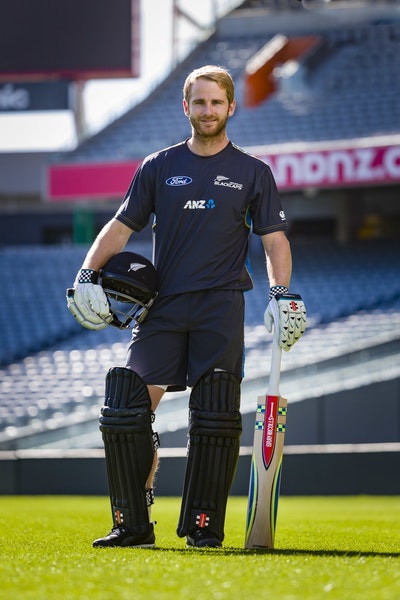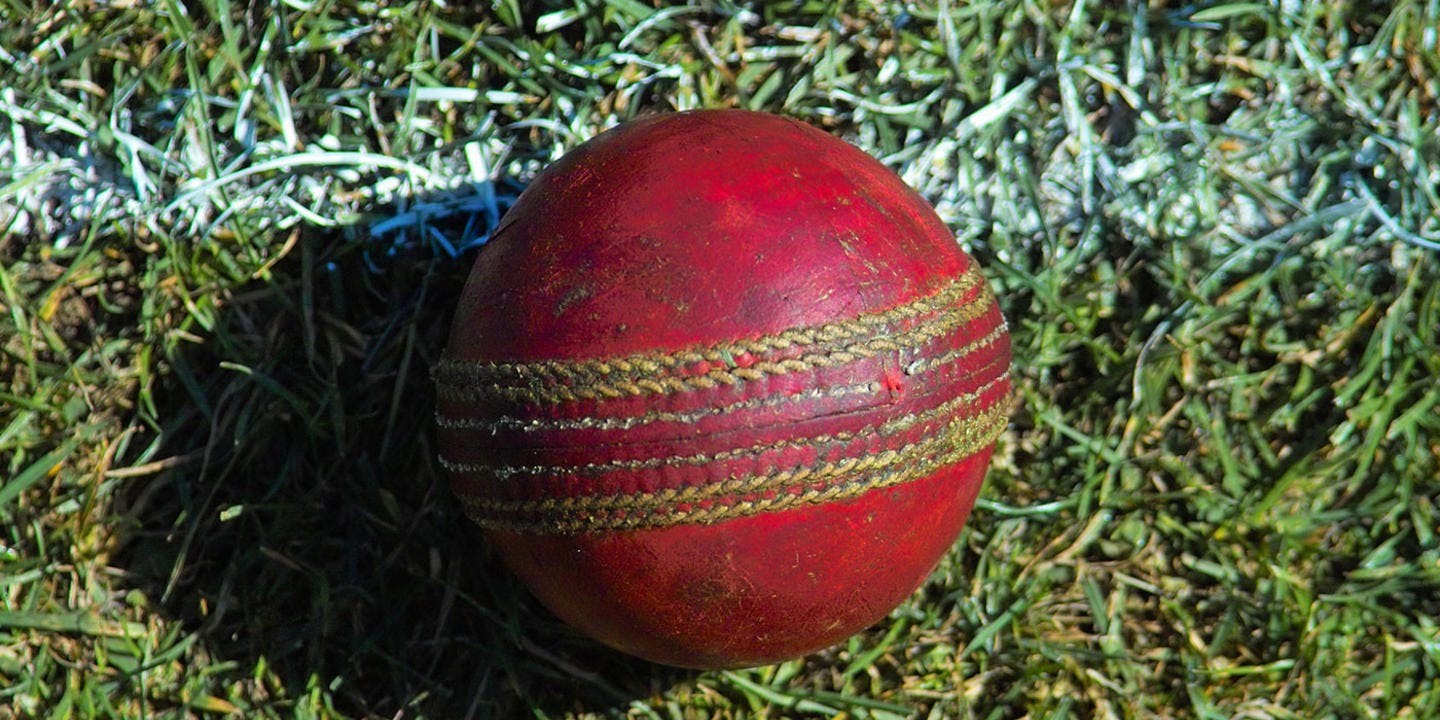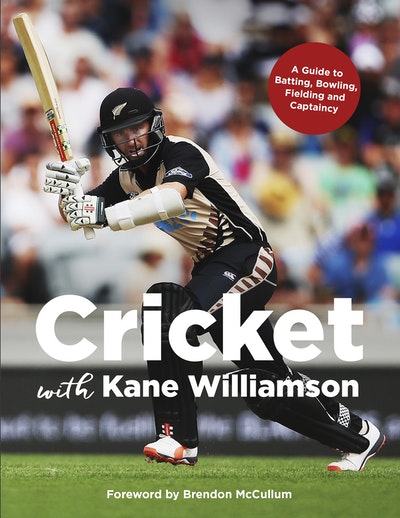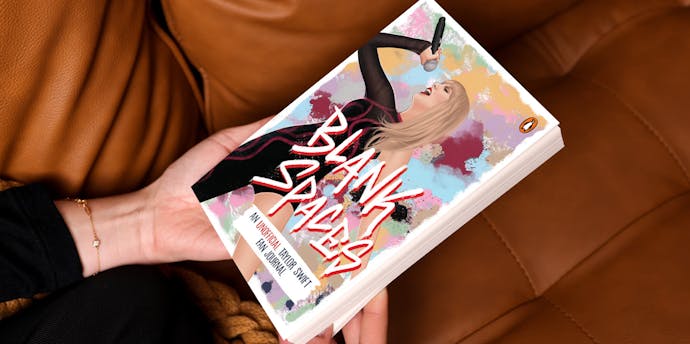Who better than New Zealand Cricket captain, Kane Williamson, to teach you how to play cricket? Be it in the park, on the beach or looking to take it to a more serious level, Cricket with Kane Williamson is an insightful how-to-guide on how to play the sport.
Captain of the Black Caps at just 25 years of age, Kane Williamson already has over twenty international centuries to his name. New Zealand Sportsman of the Year 2016, and the youngest player in history to post a Test century against every top tier nation, Kane knows a thing or two about Cricket. In his new book, Kane talks through his approach to batting, bowling, fielding, and what it takes to captain a national team competing at the highest level.
Q. Should the captain be the best player on the team?
A. No, not at all. At junior and age-group levels it often seems that the best player is the captain but there is no rule. As you get older you discover which players are natural leaders and have a great feel for tactics, and they’re not always the best players.
If you look back in history, you’ll often find cases where the best players either struggled as captains or had little interest in taking on the role. Sir Richard Hadlee, for example, never captained the New Zealand team.
Q. Does the captain need to be good enough to make the team on their own merits?
A. This has probably changed over time. There used to be lots of cases where the captain wouldn’t have been chosen in the playing XI if it wasn’t for their leadership skills. Nowadays you would very rarely see this happen.
One of the finest captains of all time, England’s Mike Brearley, who wrote a book called The Art of Captaincy, was not necessarily the best international player going around, but he knew how to galvanise a team and get the best out of them.
Q. What is more important: having good tactical knowledge or people-management skills?
A. They are both extremely important but first and foremost, the captain must have the trust of the players.
Not all captains are great people managers and sometimes the coach steps in and takes on that part of the role. Generally speaking, however, the best captains are those who are tactically strong and can relate to, and get the best out of, their players.
Q. Should a captain let a bowler set their own fields?
A. Yes, but they need to communicate with the captain and agree on a plan. You will talk to your bowlers before play and together come up with plans for various batsmen, but it is the captain’s job to coordinate the field.
Often you will see a bowler gesture that they want a fielder moved into a certain position. Most of the time a captain will agree to the move because they trust the bowler and know that they are working on a way to get the batsman out. There are rare occasions when they won’t agree and in those cases, the captain’s word must be final.
Q. How much should you talk to your players for advice on the field?
A. Most captains will have a core of senior players they can go to for advice. As a captain, you have to be careful how often you do this on the field because you need to be clear and try not to waste too much time.
The wicketkeeper is often in a great position to see things that the captain might miss. The keeper will pick up subtle cues from the batsmen that might suggest where they are looking to score their runs. The keeper can also tell if a bowler doesn’t have their line quite right. You will often see the keeper and bowler chatting between overs about how to approach certain batsmen.
Q. How do you know when to attack or defend?
A. This is the skill behind on-field captaincy. Sometimes it is obvious. In a test, if you have the opposition 30-4, then obviously you are going to attack, attack, attack. On the other hand, if it’s the last 10 overs of a one-dayer and the opposition is 250-2, then the only sensible course of action is to defend.
















